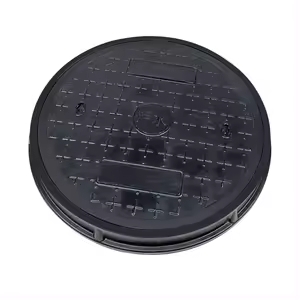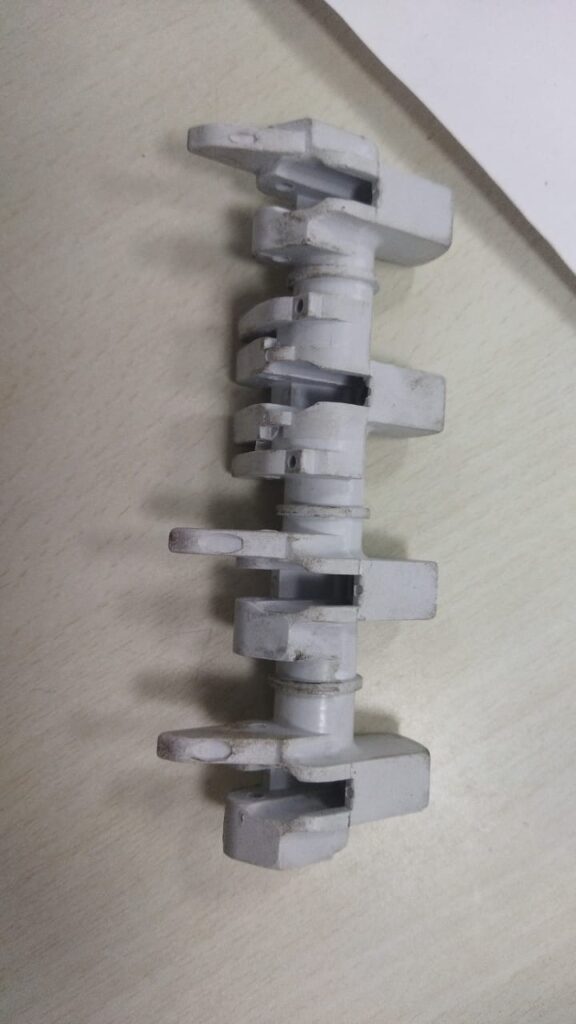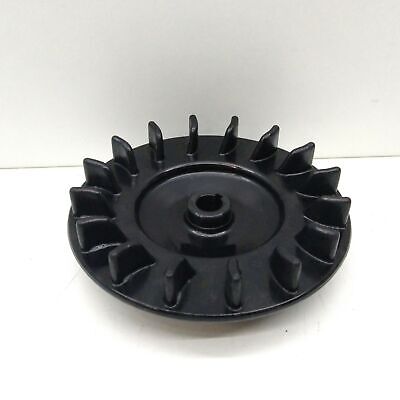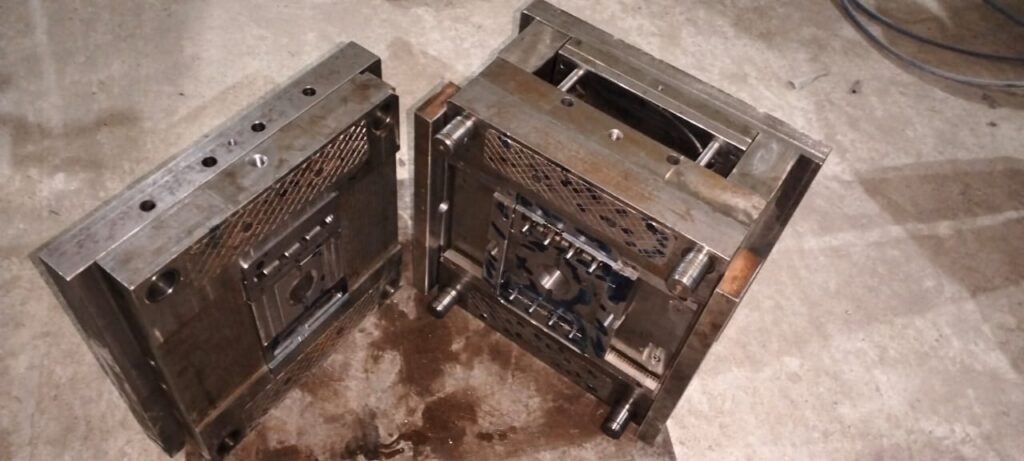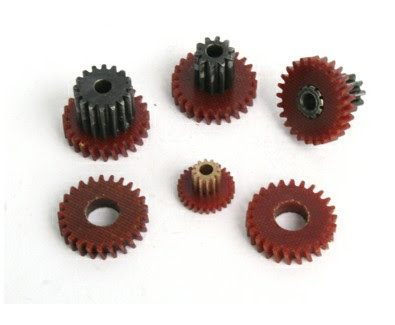Thermoset Mold manufacturing
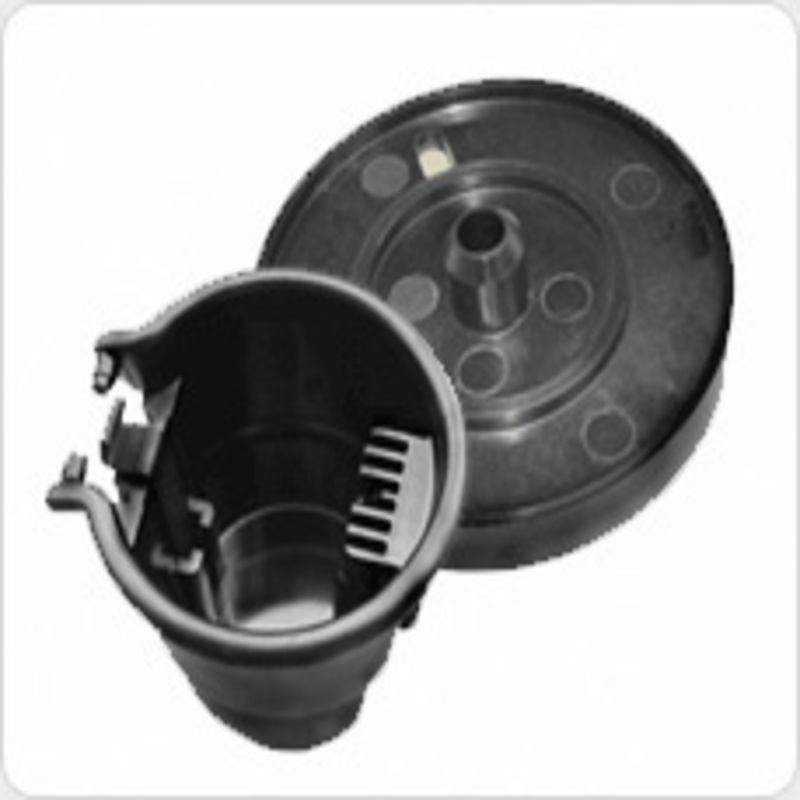
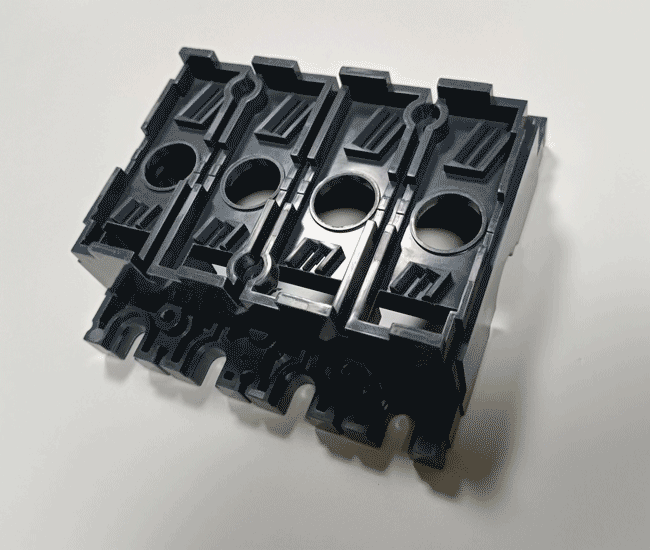
Thermoset mold manufacturing is a specialized process involved in creating the molds used to produce thermoset plastic parts.
SMC, DMC & BAKELITE.
SMC stands for Sheet Molding Compound and DMC stands for Dough Molding Compound.
Both are thermoset composite materials used in a variety of applications due to their strength, durability, and heat resistance.
They are the materials that are shaped using thermoset molds.
Mold Design and Creation:
- The mold design is created based on the desired part specifications. Davies Molding Plastic Knobs, Handles and Custom Molding
- The mold is typically made from steel, aluminum, or other durable materials.
- It can be a single-cavity mold for small production runs or a multi-cavity mold for large-scale production.
Advantages of Thermoset Molding
- High Heat Resistance: Thermoset parts are excellent for applications requiring heat resistance, such as electrical components and automotive parts.
Durability: Thermosets are known for their strength, durability, and resistance to chemicals.
- Dimensional Stability: They exhibit minimal shrinkage or warping during curing, ensuring precise part dimensions.
- Versatility: Thermosets can be used to create a wide range of products, from simple to complex shapes.


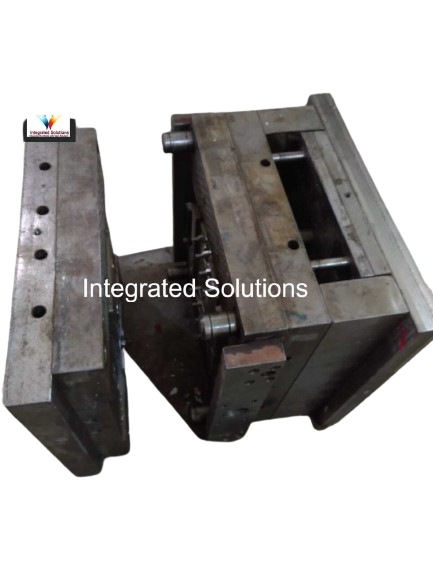

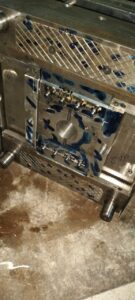
Key Work in Mold Design
- Part Geometry: The shape and complexity of the part determine the mold’s design and manufacturing requirements.
- Material Properties: The properties of the thermoset resin, including its viscosity, cure time, and shrinkage, must be considered to ensure proper mold filling and part quality.
- Production Volume: The anticipated production volume affects the choice of mold material, design complexity, and manufacturing methods.
- Molding Process: The specific molding process (e.g., hand layup, resin transfer molding, compression molding) will influence the mold’s design and features.
- Ejection System: A suitable ejection system must be incorporated to facilitate the removal of the cured part from the mold.
- Gating and Venting: Proper gating and venting are essential for complete mold filling and to prevent air pockets or voids in the part.
Mold Materials we use.
- Steel: The most common material for molds due to its strength, durability, and heat resistance.
- Aluminum: Used for smaller molds or when lower weight is a priority.
Advanced Molding Techniques We Use in Mold Manufacturing
- Resin Transfer Molding (RTM): Involves injecting liquid resin into a closed mold, providing better control over part quality and consistency.
- Compression Molding: The resin is placed in a mold and compressed under heat, resulting in high-density parts.
- Pultrusion: Continuous process for producing long, uniform profiles by pulling resin through a heated die.
SMC, DMC, and Bakelite are all thermosetting materials used in various applications
Sheet Molding Compound (SMC)
- Composition: A mixture of polyester or vinyl ester resin, chopped glass fibers, fillers, and additives.
- Form: Supplied in sheet form, typically pre-impregnated with resin.
- Molding: Heated and pressed in a mold to form a solid part.
- Applications: Automotive components (e.g., hoods, doors), electrical enclosures, consumer goods.
Bakelite
- Composition: A phenol-formaldehyde resin.
- Form: Initially liquid, but solidifies during curing.
- Molding: Can be molded using various techniques, including compression molding and transfer molding.
- Applications: Electrical components (e.g., switches, plugs), phenolic laminates, adhesives.
SMC is used to create parts for a wide range of industries and applications. Some of the typical applications where SMC is extensively used include:
- Electrical Applications: SMC has excellent electrical insulation properties making it ideal for utilities, electrical components, switchgear, insulating barriers and more.
- Corrosion-Resistant: SMC is resistant to corrosion making it an ideal choice for environments with exposure to moisture or chemicals. SMC is used to create components for wastewater treatment, chemical processing, and marine applications.
- Low-Cost Structural Components: SMC’s is especially useful in construction and infrastructure due to the strength and cost-effectiveness of the material.
- Automotive: SMC produces parts that are lightweight, durable, and corrosion resistant. Some of the parts created with SMC includes bumpers, hoods, body panels, and even interior components.
Transit: SMC’s ability to withstand harsh environmental conditions and its lightweight nature have made it a favored material for transit applications. SMC is used to make bus and train components, which ensures long service life of the transportation.
Bakelite is Versatile Thermoset Material
Bakelite, a phenol-formaldehyde resin, is a classic thermosetting material with a wide range of applications. Its unique properties, including high heat resistance, chemical resistance, and electrical insulation, make it a valuable material in various industries.
Key Applications of Bakelite
Electrical Components:
- Switchbases: Bakelite’s electrical insulating properties make it ideal for switchbases and other electrical components.
- Phenolic Laminates: Bakelite is used to create phenolic laminates, which are highly insulating and mechanically strong materials used in printed circuit boards, electrical panels, and switchgear.
- Plugs and Sockets: The material’s durability and heat resistance make it suitable for plugs and sockets.
- Terminal Blocks: Bakelite terminal blocks provide electrical isolation and mechanical support for wires and conductors.
Industrial Components:
- Gears and Pulleys: Bakelite’s mechanical strength and wear resistance make it suitable for gears and pulleys in industrial machinery.
- Valve Bodies: Bakelite valve bodies offer corrosion resistance and dimensional stability.
- Pump Impellers: The material’s durability and resistance to chemicals make it suitable for pump impellers.
Consumer Goods:
- Radio and Phonograph Cases: Bakelite was once widely used for the cases of radios and phonographs due to its aesthetic appeal and durability.
- Kitchen Utensils: Bakelite’s heat resistance and chemical resistance make it suitable for kitchen utensils like pot handles and serving trays.
- Toys and Games: Bakelite was used to create toys and game pieces, although its use has declined due to safety concerns.
Automotive Industry:
- Ignition Parts: Bakelite was used in ignition parts due to its electrical insulating properties.
- Steering Wheel Hubs: The material’s durability and heat resistance made it suitable for steering wheel hubs.
DMC is a thermosetting composite material similar to Sheet Molding Compound (SMC) but with a dough-like consistency. It’s a mixture of chopped glass fibers, polyester or vinyl ester resin, fillers, and additives.
Key Characteristics of DMC:
- Dough-like Consistency: This makes DMC more flexible and easier to handle compared to SMC, which is in sheet form.
- Versatility: DMC can be molded into complex shapes and intricate details.
- High Strength-to-Weight Ratio: The combination of glass fibers and resin provides excellent mechanical properties.
- Heat Resistance: DMC is resistant to high temperatures, making it suitable for applications where heat exposure is a concern.
- Chemical Resistance: It is generally resistant to chemicals and corrosion.
Manufacturing Process:
- Mixing: The components of DMC are mixed together in a controlled environment to ensure a uniform consistency.
- Molding: The DMC dough is placed in a mold and heated under pressure. The resin cures, bonding the glass fibers together to form a solid part.
- Demolding: Once cured, the part is removed from the mold.
- Finishing (Optional): Depending on the application, additional finishing steps like trimming, drilling, or painting may be required.
Applications of DMC:
- Automotive Components: Hoods, doors, fenders, and other exterior body panels.
- Building Materials: Roofing panels, wall panels, and other construction elements.
- Recreational Products: Boats, kayaks, and other outdoor equipment.
- Consumer Goods: Appliances, furniture, and other household items.
- Industrial Components: Structural parts, enclosures, and housings.
